Beyond Words: USJ’s Multilingual Vision for Speech Therapy Education

Interview conducted by Cynthia Kanaan
What strategic and academic considerations led USJ to introduce an English-language section of the Speech and Language Therapy program in addition to the existing French program? And what might motivate bilingual students to choose it?
The Speech and Language Therapy program at the Saint Joseph University of Beirut (USJ) was established in French in 1995. In 2020, in response to increasing academic and professional demand, USJ partnered with Newcastle University to launch an English-language section. The aim was to meet the growing need for English-proficient therapists in Lebanon’s multilingual context, particularly to support English-speaking children in clinical and educational settings.
The English section follows the same structure and content as the French program, with instruction delivered primarily in English. It also attracts students who completed their schooling in French but prefer to study and work in English. To accommodate diverse linguistic backgrounds, some courses, particularly in research-related areas such as statistics and methodology, are taught bilingually.
Admission to the program involves a comprehensive evaluation. Applicants are assessed based on academic records, and interviewed in the language of the selected section, French or English. The interview evaluates their motivation, understanding of the field, and communication skills. In addition, basic reading, writing, and general knowledge tests are administered.
How does the program ensure that students are equipped to work effectively with Arabic-speaking populations, given the region’s linguistic diversity and specific speech-language needs?
Given Lebanon’s diverse linguistic landscape, the program integrates training to ensure graduates can serve Arabic-speaking populations effectively. Students begin clinical placements in their first year, working in a variety of settings including schools, specialized centers, private practices, and the University’s own clinic.
Since the majority of patients and their families in Lebanon speak Arabic, the program includes coursework focused on Lebanese Arabic. This covers phonology, syntax, grammar, and pragmatic language use, enabling students to convey clinical concepts and therapeutic strategies clearly, particularly when working with children and their families. Additionally, instruction in written language addresses the specific features of Arabic alongside English and French, equipping graduates to navigate the multilingual demands of their future practice.
How is the integration of AI-driven tools in the program tailored to address the complexities of Arabic dialects in both assessment and therapeutic intervention?
Artificial Intelligence is integrated into the program, especially in the fourth year and in clinical and research-oriented courses. Students are introduced to a range of tools and trained to use them for literature review, documentation, and clinical planning. In parallel, traditional speech analysis software, developed prior to recent AI advancements, is also used for phonetic and acoustic assessment.
However, the integration remains limited due to the lack of compatibility with Lebanese Arabic. Existing tools do not fully support dialect-specific features, particularly in therapeutic contexts. As a result, the focus shifts to developing students’ digital literacy, fostering critical thinking and responsible use of digital tools in clinical and research contexts.
How does the program encourage international academic and clinical collaborations to enrich students’ learning experience?
The program is taught by Lebanese instructors, most of whom are fluent in Arabic, French, and English. Courses are delivered in English, with French or Arabic references used when relevant, especially during clinical training.
International collaboration plays a key role in the program’s ongoing development. USJ has established academic partnerships with institutions in France, Belgium, Ireland, and Sweden. Although many of these partners are based in Francophone countries, research is increasingly carried out and published in English. USJ’s research department continues to strengthen these international ties and expand opportunities for global engagement.
What career support and job placement services are in place to guide students toward professional opportunities after graduation?
Speech and Language Therapy remains a high-demand profession in Lebanon and the region. Most graduates secure employment soon after graduation, often through connections made during internships. The University actively supports this transition by circulating job announcements and maintaining strong partnerships with healthcare providers, schools, and specialized centers.
On the national level, the emerging National Association of Speech and Language Therapists is expected to further streamline access to professional opportunities. Graduates are also well-positioned to work in regional markets, particularly in Gulf countries such as the UAE and Qatar, where demand for qualified multilingual therapists continues to grow.
Congratulations to the first graduates of the Master in Speech and Language Therapy. Your achievement marks an important step forward for USJ and the advancement of multilingual therapy in Lebanon.

